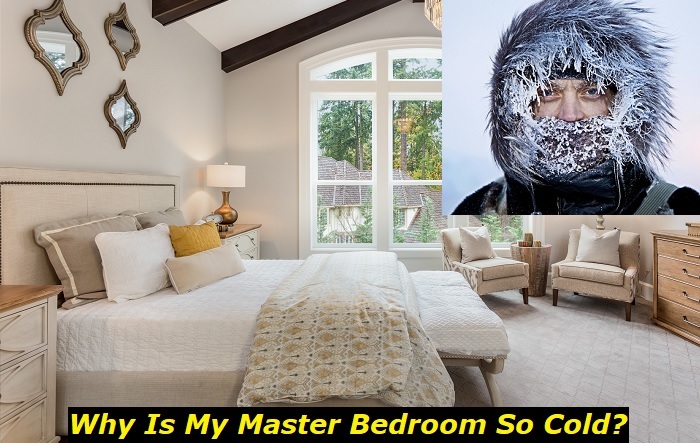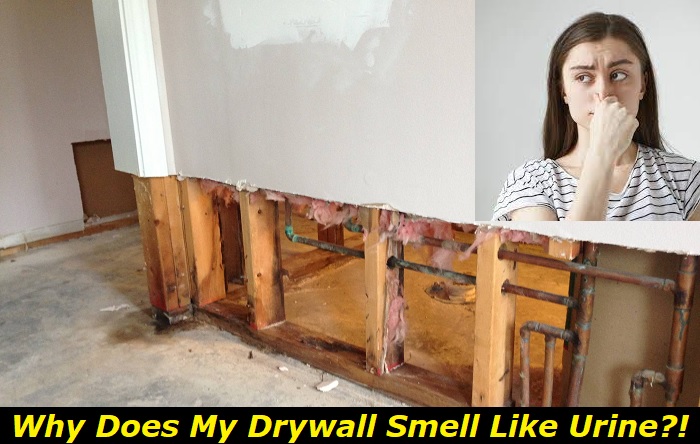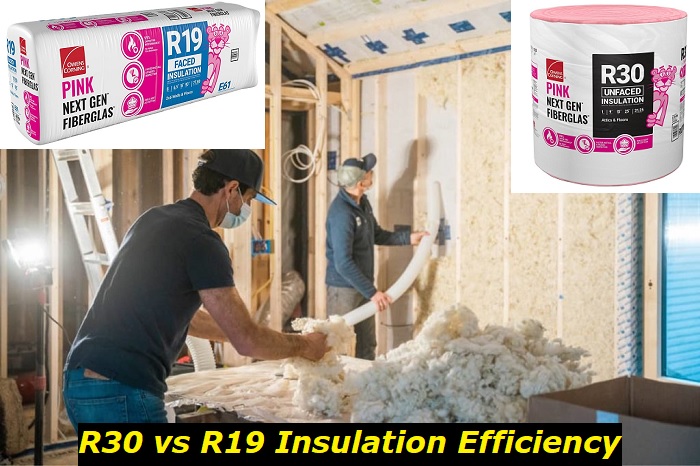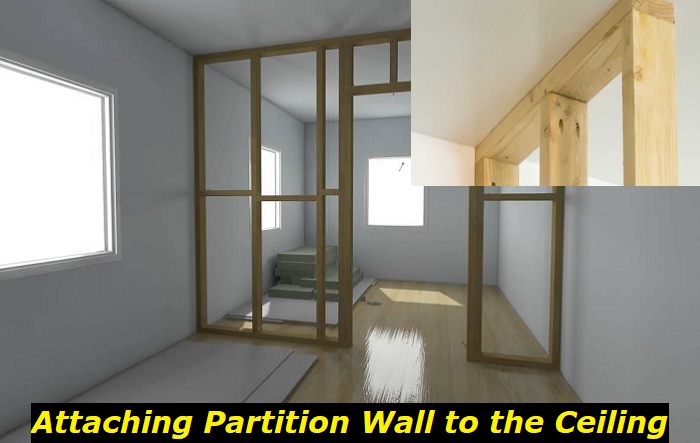Have you ever gone to bed only to be woken up in the middle of the night by chattering teeth and goosebumps and had to go downstairs to get a blanket? But why is it that your master bedroom is colder than the rest of the house? Many homeowners have this same issue, and it can be frustrating to figure out why it’s happening and how to fix it.
If you’re not sure why your master bedroom is cold, don’t worry! In this blog post, we’ll explore these potential causes in more detail and give tips on how to fix them. By the end, you’ll know exactly what to do to keep your master bedroom comfortable all year.

Reasons why the Master Bedroom is Colder than the Rest of the House
There’s nothing worse than waking up in the middle of the night to a cold, cramped bedroom. But why is it that the master bedroom is always colder than the rest of the house? Here are five possible reasons:
- The most common reason is that the master bedroom is usually located on the house’s upper floors, where it’s more exposed to drafts and temperature changes. In addition, heat rises, so the upper floors of your home are typically warmer in the summer and cooler in the winter.
- Another possibility is that drafts come from windows or doors into your room. If this is the case, you’ll want to ensure that you seal any cracks or gaps. For example, the windows in the master bedroom are often larger than those in other rooms, letting in more cold air.
- Another reason your master bedroom might be colder than the rest of your house is that your HVAC system isn’t working properly. The walls in the room may be thinner than those in other parts of the house, making them cooler to the touch.
- Also, the furniture in the room can block heat from radiator vents, making it harder to keep the room warm
- Finally, the ceilings in the room are usually higher than in other rooms, making it feel colder overall.
So if you’re always waking up to a chilly bedroom, don’t just adjust your thermostat – look at your layout and furnishings. You can improve your master bedroom with a few adjustments and make it warmer and more comfortable all year round.
Reason #1: Your Bedroom is on an Upper Floor
As we mentioned earlier, one of the most common reasons your master bedroom is colder than the rest of your house is because it’s located on an upper floor. This is because heat rises. So, if your master bedroom is on the second floor or higher, it will be warmer in the summer and cooler in the winter.
If this is the case, there are a few things you can do to help keep your room comfortable all year long. First, during the winter months, you’ll want to make sure that you close any vents or doors leading into other parts of your home so that all of the heat doesn’t escape into those areas.
It would be best if you also considered using a space heater in your room to keep the temperature comfortable without raising the temperature for your entire home. And finally, during the summer months, open any windows in your room to let air circulate and help cool things down.
Reason #2: Drafts are Coming into Your Room
Another reason your master bedroom might be colder than other parts of your house is that drafts are coming into your room from windows or doors. If this is something you’ve noticed, it’s important to take action to keep cold air out and heat in.
One way to do this is by weatherstripping around doors and windows. You can also use a door sweep for extra protection against drafts coming in through cracks under doors. And finally, another way to prevent drafts from coming into your room is by hanging heavy curtains over windows or using window film.
These will help create an extra barrier between outside air and inside air so that heat doesn’t escape and cold air doesn’t come in.
Reason #3: Your HVAC System isn’t Working Properly
Another reason your master bedroom might be colder than other rooms is that there’s something wrong with your HVAC system. If this is something you suspect might be the case, calling a specialist as soon as possible is crucial.
So they can look at it and determine what’s wrong. Something as simple as adding more insulation around ductwork frequently can make a big difference in keeping heat from escaping. In other cases, there might be an issue with the actual HVAC unit, which will need to be repaired or replaced.
Either way, it’s important to have someone look at it as soon as possible so that they can diagnose the problem and get it fixed before it gets worse—and before you have to spend another night shivering under blankets!
Reason #4: Ductwork Leaks
If your master bedroom is colder than other rooms in your home, it could be due to leaks in the ductwork. Over time, the seals around the ducts can deteriorate, allowing heated or cooled air to escape. This makes it difficult to keep the space at a comfortable temperature, wastes energy, and drives up your utility bills.
If you suspect that your ductwork is leaky, it’s important to have it inspected by a professional. They will be able to identify any areas that need to be repaired or replaced. Once the leaks are sealed, you should notice a significant improvement in the comfort of your master bedroom.
Reason #5: Furniture Blocking Heat from Radiator Vents
One of the benefits of radiator vents is that they help to distribute heat evenly throughout a room. However, if the furniture is blocking the vents, this can prevent heat from reaching all parts of the room. As a result, the room may feel colder than it would if the vents were unobstructed. In addition, this can additionally make the furnace work harder to maintain the desired temperature, leading to higher energy bills.
To maximize the efficiency of your radiator vents, ensure they are not obstructed by furniture or other objects. This will help to ensure that your entire room stays warm and comfortable.
Reason #6: The ceiling in the Master Bedroom is Higher than the Other Rooms
There are several reasons why a high ceiling in the Master Bedroom can make it colder than other rooms. One reason is that heat rises. So, the colder air is at the bottom of the room near the floor, while the warmer air is at the top near the ceiling. Another reason is that a high ceiling provides more surface area for heat escape.
The more surface area there is, the more heat will escape. Finally, a high ceiling can create drafts. If there are cracks or gaps around doors or windows, cold air can enter the room and make it feel colder. By contrast, a low ceiling will trap heat in the room and make it feel warmer.
Tips to Fix the Coolness in the Master Bedroom
A cold master bedroom is often the result of poor insulation, drafts, or a heating system that is not up to par. However, you can take a few simple measures to make the space more comfortable. Here are five ways to fix a cold master bedroom:
- Beef up the insulation. Adding additional insulation to the walls and ceiling can help to reduce heat loss and keep the space warmer.
- Seal up drafts. Look around and inspect the crevices and cracks around the windows and doors for potential entry points for chilly air. Caulking and weatherstripping can help to seal up these openings.
- Upgrade the heating system. If the existing system is not providing enough heat, consider replacing it with a more efficient model.
- Add additional heat sources. Space heaters and electric blankets can provide extra warmth when needed.
- Use heavy curtains. Thick curtains can help to block out drafts and keep warmth in.
By following these tips, you can create a cozier master bedroom that will be more enjoyable to spend time in all winter.
Conclusion
If you’ve noticed that your master bedroom has been colder than other parts of your house lately, don’t fret! Luckily, there are a few possible causes for this, and there are also a few things you can do about it. First, check if your master bedroom is on the second floor or higher.
If it is, this could be why its temperature is different than other parts of your house. You can also do some things to help keep your room comfortable during the winter and summer months. Next, check for drafts coming into your room from windows and doors. If this is the case, seek out ways to seal them up.
And finally, make sure your HVAC system isn’t having issues by calling a professional who can help diagnose the problem and fix it quickly!
- Can You Unmix Paint: Techniques, Consequences, Alternatives - February 23, 2024
- Does Primer Need to be Mixed? Effective Primer Application - February 22, 2024
- How to Make Old Paint Usable Again: Retrieving and Preserving Paint - February 21, 2024



